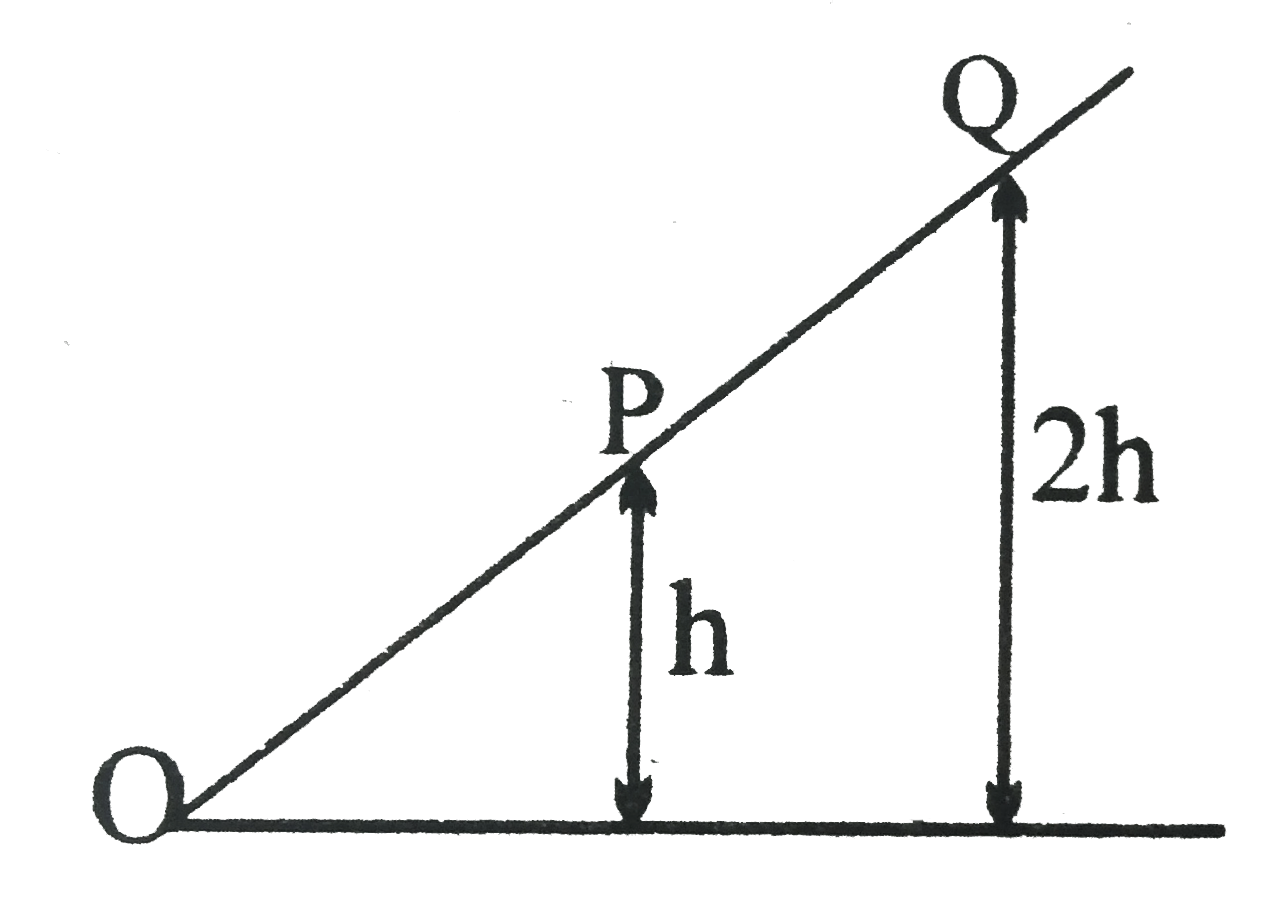When a potassium ion (K+) passes from the soil into the vacuole of a root cell, it encounters some cellular barriers. Which of the following is the most direct path the K+ would take through these barriers?
Primary cell wall → secondary cell wall → tonoplast
Secondary cell wall → plasma membrane → thylakoid
Primary cell wall → plasma membrane → tonoplast
Cell wallplasma → plasma membrane → tonoplast → grana
The correct Answer is:C
To determine the most direct path a potassium ion (K+) takes from the soil into the vacuole of a root cell, we need to analyze the cellular barriers it encounters. Here’s the step-by-step solution:
1. Entry from Soil: The potassium ion (K+) begins its journey in the soil and is absorbed by the root cells. The first layer it encounters is the primary cell wall of the epidermal cells of the root.
2. Crossing the Primary Cell Wall: The potassium ion passes through the primary cell wall. This wall is porous and allows the movement of ions.
3. Plasma Membrane: After crossing the primary cell wall, the K+ ion encounters the plasma membrane of the root cell. The plasma membrane is semi-permeable and does not allow ions to pass freely.
4. Transport Proteins: To facilitate the movement of the K+ ion across the plasma membrane, it utilizes channel proteins or transport proteins. This process is known as active transport, which requires energy (ATP) to move the ion into the cytoplasm of the cell.
5. Cytoplasm: Once inside the cell, the K+ ion is now in the cytoplasm.
6. Tonoplast: The next barrier the ion encounters is the tonoplast, which is the membrane surrounding the vacuole. The K+ ion must cross this membrane to enter the vacuole.
7. Vacuole: Finally, after passing through the tonoplast, the K+ ion enters the vacuole, which is its final destination.
Conclusion:
The most direct path for the potassium ion (K+) is:
- Primary Cell Wall → Plasma Membrane → Tonoplast
Thus, the correct answer is option number 3: Primary Cell Wall, Plasma Membrane, Tonoplast.
The most direct path for the potassium ion (K+) is:
- Primary Cell Wall → Plasma Membrane → Tonoplast
Topper's Solved these Questions
- CEL: THE BASIC UNIT OF LIFEBook:CENGAGE BIOLOGYChapter:CEL: THE BASIC UNIT OF LIFEExercise:OLYMPIAD AND NTSE LEVEL EXERCISES
Explore 9 Videos
- BIOLOGICAL CLASSIFICATION Book:CENGAGE BIOLOGYChapter:BIOLOGICAL CLASSIFICATION Exercise:CHALLENGING EXERCISE
Explore 1 Video
- CELL CYCLE AND CELL DIVISION Book:CENGAGE BIOLOGYChapter:CELL CYCLE AND CELL DIVISION Exercise:CHALLENGING EXERCISE
Explore 6 Videos
Similar Questions
Knowledge Check
Which one of the following statements is correct when SO2 is passed through acidified K2Cr2O7 solution?
AGreen Cr2(SO4) is formed.BThe solution turns blue.CThe solution is decolourisedDSO2 is reduced.Which one of the following statements is correct when SO2 is passed through acidified K2Cr2O7 solution?
ASO2 is reducedBGreen Cr2(SO4)3 is formedCThe solution turns blueDThe solution is decolourisedWhich one of the following statement is correct when SO2 is passed through acidified K2Cr2O7 solution?
AGreen Cr2(SO4)3 is formedBThe solution truns blueCThe solution is decolourizedDSO2 is reduced
Which one of the following statements is correct when SO2 is passed through acidified K2Cr2O7 solution?
View SolutionConsider the following statements,
I The speed of light does not depend upon the nature of the medium through which it passes.
II The beam of light is deviated or reflected from its original path as it passes from one medium to another.
III When a ray of white light is passed through a prism, the wave with shorter wavelength bends more than the one with a longer wavelength.Which of the following statements is/are true? Choose the correct option
View SolutionA ball rolls down an inclined plane, figure. The ball is first released from rest from P and then later from Q.
Which of the following statement is//are correct ?
 .
.
(i) The ball takes twice as much time to roll from Q to O as it does to roll from P to O.
(ii) The acceleration of the ball at Q is twice as large as the acceleration at P.
(iii) The ball has twice as much K.E at O when rolling from Q as it does when rolling from P.
View SolutionRead the following information carefully and answer the questions given below:
B, D, P, M, F, H, K and W are eight friends who have completed their MBA programme with specialisation Marketing, Personnel, Operations, Systems and Finance. Three of them have passed with dual specialisation. Operations and Systems were not offered as dual specialisation with any of the remaining three specialisations. P has passed with Marketing and Finance and earns the least. B has passed with Operations and earns more than F, D and K. W has passed with Personnel and earns less than only M, who has passed with a dual specialisation. B is third from the top when they are arranged in descending order of earning. D earns more than K but less than F. No two of them have same earning. K, who earns more than H, has passed with Marketing whereas H has passed with dual specialisation of Personnel and Finance. None of the three is having the same set of dual specialisation. Two of them are having Systems specialisation.
Which of the following specialisations is opted for by most among them as either single or one of the dual specialisation ?
View SolutionA particle is dropped from a finite height H above the ground level under gravity . Due to air resistance acceleration of particle becomes a=g−kv in the direction of velocity. Where k= positive constant &v= speed of particle. Then which of the following graph(s) is / are possible (t0= time when particle touches the ground ):
View Solution
